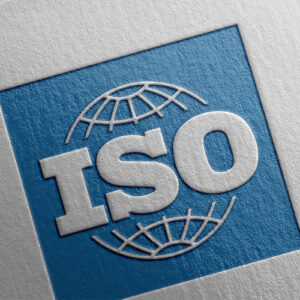ISO 9001:2015 QUALITY MANAGEMENT SYSTEMS:-
ISO 9001 is defined as the international standard that specifies requirements for a quality management system (QMS). Organizations use the standard to demonstrate the ability to consistently provide products and services that meet customer and regulatory requirements. It can be used by any organization, large or small, regardless of its field of activity.


